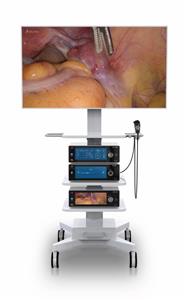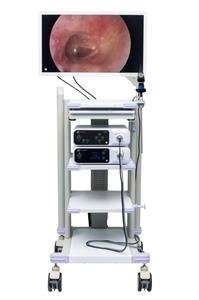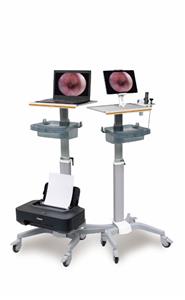Efficacy of cystoscopic ureteral catheterization in the treatment of calculous sepsis
Clinical data of 44 patients who were hospitalized in our department for ureteral calculi-induced ureteral sepsis from September 2018 to September 2019. Observation indicators included the basic condition of the patients, the success rate of surgery, the average operation time, ICU stay and time, the average hospital stay, serious bleeding complications and mortality during hospitalization. Changes in PCT, serum creatinine, and urine culture results were collected. Results A total of 44 patients were included, 42 patients were successfully retrograde implantation (success rate was 95%), the operation time was 8-50 minutes, and the average operation time was (28.7±10.7) minutes. 2 patients underwent percutaneous nephrostomy. The average operation time was 40 minutes. Seven patients were admitted to ICU due to critical condition. The length of stay in ICU ranged from 4 to 10 days, with an average hospital stay of (7.3±2.1) days. The average length of hospital stay for all patients was 8 to 18 days. Postoperative white blood cell count, hs-CRP, PCT, and serum creatinine were significantly improved. There were no serious bleeding complications and no deaths. Conclusions Cystoscope ureteral catheter implantation is a safe and effective method for emergency decompression and drainage. It only needs local anesthesia and lithotomy position. The operation is simple and safe, and the operation time is short. It is especially suitable for critically ill patients with poor general condition.




